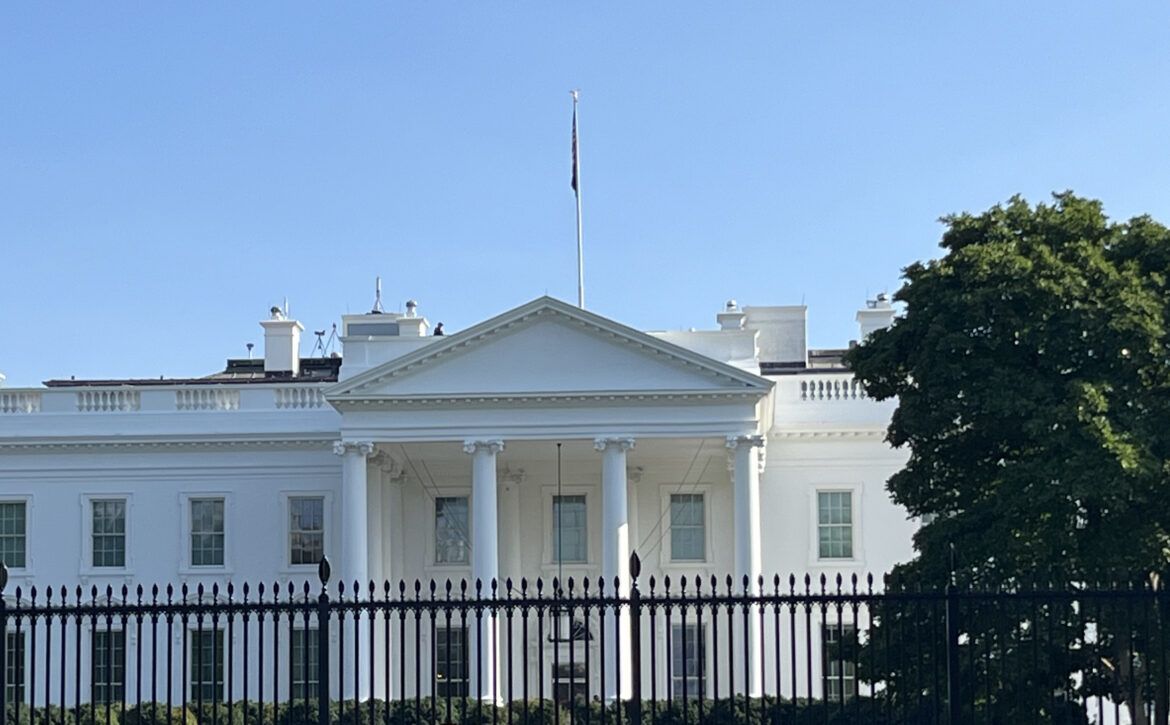As of January 2025, the landscape of cannabis legalization in the United States is poised for significant developments. With 24 states and the District of Columbia having legalized recreational cannabis, and 40 states permitting medical use, the momentum for broader legalization continues to build.
Federal Rescheduling Efforts
A pivotal focus at the federal level is the potential rescheduling of cannabis under the Controlled Substances Act (CSA). Currently classified as a Schedule I substance, indicating a high potential for abuse and no accepted medical use, there is a concerted push to reclassify cannabis to Schedule III. This change would acknowledge its medical applications and reduce regulatory restrictions. The Department of Health and Human Services (HHS) has recommended this reclassification, and the Drug Enforcement Administration (DEA) is expected to make a final ruling in 2025.
Rescheduling to Schedule III would have profound implications for the cannabis industry, including:
- Taxation: Currently, Internal Revenue Code Section 280E prohibits businesses dealing with Schedule I substances from deducting standard business expenses, leading to higher effective tax rates. Reclassification would allow cannabis businesses to claim these deductions, improving profitability.
- Banking Access: Federal rescheduling could enhance access to banking services for cannabis businesses, enabling them to engage with federally insured banks, secure loans, and accept electronic payments, thereby addressing existing financial limitations.
State-Level Legalization Movements
Several states are anticipated to advance cannabis legalization measures in 2025:
- Pennsylvania: The Republican chair of a key Senate committee has indicated that more GOP members may support adult-use cannabis legalization this year, potentially making Pennsylvania the 25th state to legalize recreational use.
- Florida: Advocacy groups are actively working to place adult-use legalization initiatives on the ballot, with a strong possibility of voter approval in the upcoming election cycle.
- Wisconsin and South Dakota: Both states are considering legislative measures or ballot initiatives to legalize cannabis, reflecting growing public support and regional trends toward legalization.
Legislative Proposals and Industry Challenges
At the federal level, several legislative proposals aim to address specific challenges within the cannabis industry:
- SAFER Banking Act: This act seeks to provide safe harbor for financial institutions serving state-legal cannabis businesses, thereby alleviating banking restrictions that force many operations to deal predominantly in cash. The passage of this act remains uncertain under the current Congress.
- States Reform Act and STATES 2.0 Act: These proposals focus on reinforcing states’ rights to regulate cannabis without federal interference, promoting a more cohesive regulatory environment across the nation.
Despite these efforts, the industry faces ongoing challenges, including:
- Regulatory Complexity: The disparity between state and federal laws creates operational hurdles for businesses, particularly concerning interstate commerce and standardization of regulations.
- Market Competition: The potential entry of large corporations from the alcohol, tobacco, and pharmaceutical sectors could intensify competition, impacting smaller cannabis businesses.
Judicial Considerations
In 2025, critical legal cases are expected to address issues such as:
- State Licensure Programs: Evaluations of whether state cannabis licensure programs comply with the Dormant Commerce Clause, which could influence the structure and fairness of state-specific regulations.
- Federal Prohibition Challenges: Legal challenges to the federal prohibition under the CSA may progress through the courts, potentially reaching the Supreme Court and prompting a reevaluation of federal cannabis policies.
Conclusion
The year 2025 is set to be transformative for cannabis legislation in the United States. With potential federal rescheduling, state-level legalization efforts, and critical legislative proposals on the horizon, the legal landscape of cannabis is poised for significant change. Stakeholders within the industry should remain vigilant and informed as these developments unfold, as they will have far-reaching implications for operations, compliance, and market dynamics.
Note: The information provided is based on available data as of January 2025. For the most current details on legislation and regulatory changes, please refer to official government publications and trusted news sources.

